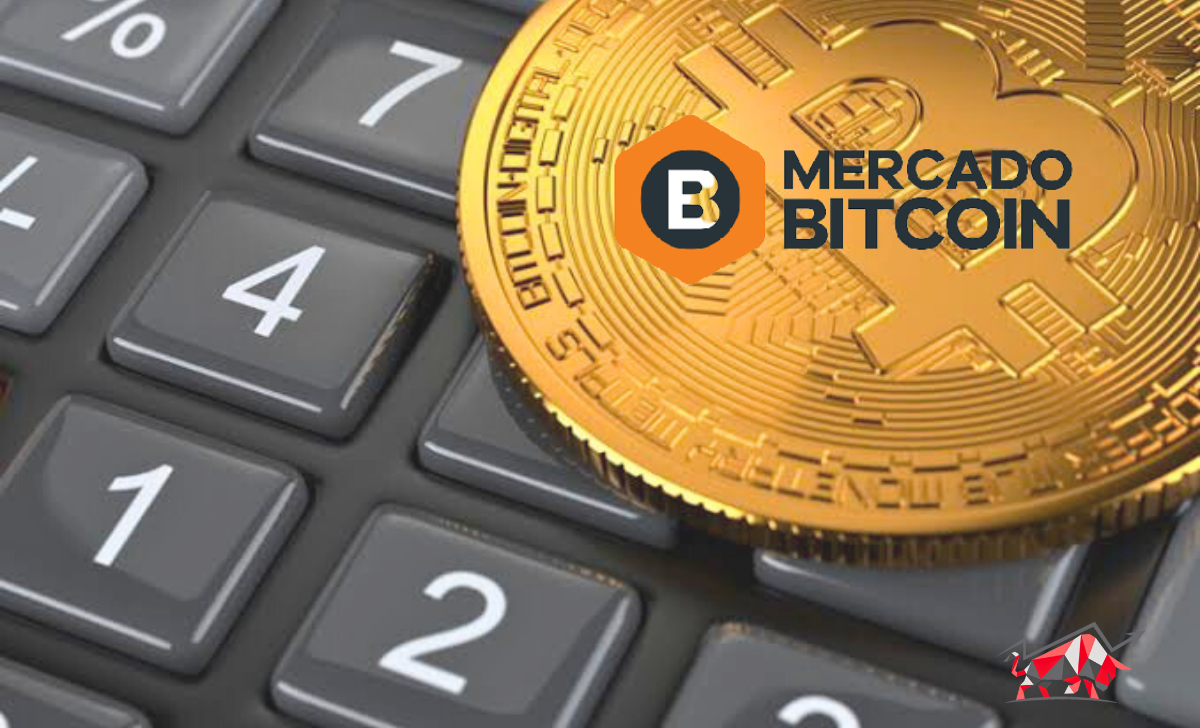In an effort to embrace innovation within the financial system, Brazil’s central bank, Banco Central do Brasil, has granted authorization to Mercado Bitcoin, the country’s largest cryptocurrency exchange, to participate in the development of the Central Bank Digital Currency (CBDC) pilot project. The CBDC, known as the digital real, is scheduled for launch in 2024.
Fabricio Tota, Director of New Business at Mercado Bitcoin, expressed the significance of their participation, stating, “Our involvement validates the Central Bank’s commitment to fostering innovation in the financial system by collaborating with those who have already been working with this technology, rather than solely relying on traditional incumbents who have appropriated it.”
Several prominent companies, including payment processing giant Mastercard, financial software fintech Sinqia, and brokerage firm Genial, are also participating in the project alongside Mercado Bitcoin.
To be eligible for involvement in the CBDC efforts, Brazil’s central bank has stipulated that only regulated financial institutions with direct access to the National Financial System (SFN) network may contribute.
The consortium, which includes Mercado Bitcoin, aims to engage in all facets of the pilot project, including wholesale, retail, and National Treasury securities negotiations. The central bank’s objective is to launch a CBDC next year. The initial plan outlines the CBDC as a blockchain-based instrument supporting retail transactions and backed by customer bank deposits.
Fabio Araujo, the coordinator of the CBDC project, highlighted the potential benefits, stating, “This could reduce the cost of credit and improve returns on investments. There is significant potential for new service providers and fintechs to democratize access to the market and offer innovative services.”
Brazil’s Central Bank Assumes Crypto Regulatory Role Amidst Mercado Bitcoin Approval
In a significant development, Brazil’s central bank has taken on the responsibility of regulating cryptocurrencies, in addition to issuing its digital real. The country’s President, Luiz Inácio Lula da Silva, signed the legislation, officially designating the central bank as the crypto regulator, effective from June 20.
Under the new rules, local companies are prohibited from offering crypto services without prior approval from the financial institution. The central bank will also ensure that these organizations adhere to anti-money laundering procedures and examine any potential links to criminal activities, including terrorism financing.
Collaborating in the regulatory process, Brazil’s SEC (Securities and Exchange Commission) will work in conjunction with Banco do Brasil to supervise digital currencies classified as securities. However, it is important to note that existing domestic legislation does not clearly define which assets fall under this category and which are considered commodities.


